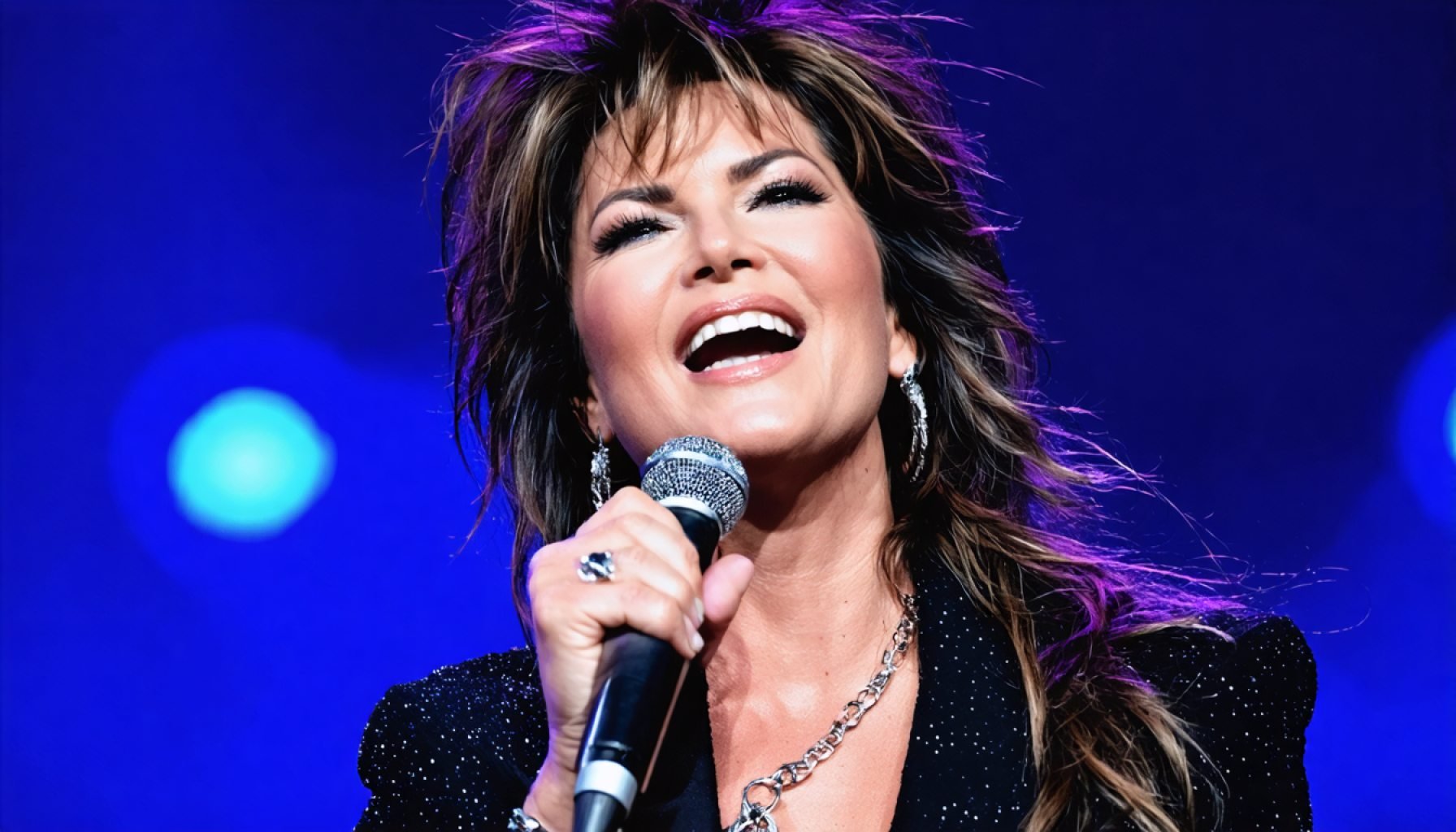- Tom Hanks’ portrayal of a MAGA supporter on “Saturday Night Live” sparked significant backlash from Trump’s supporters.
- The skit, featured during the show’s 50th anniversary, was met with outrage, highlighting the sensitivities around political satire.
- Despite voicing their fury over the comedic depiction, Trump supporters often remain silent on pressing real-world issues like mass layoffs and budget cuts affecting critical sectors.
- Sensitive topics such as job losses among FAA employees and aid cuts to impoverished nations receive little attention in comparison to the skit.
- The reaction to Hanks’ performance suggests selective outrage, overshadowing more consequential policy decisions that impact American lives.
- This may point to a deeper hypocrisy or misplaced priorities, as serious issues are eclipsed by entertainment-focused controversies.
The recent storm surrounding Tom Hanks’ portrayal of a MAGA supporter on “Saturday Night Live” has lit up the internet like fireworks on the Fourth of July. With his southern drawl and red cap in full display, Hanks’ skit during the show’s 50th anniversary irked Trump’s most loyal followers to an almost comical degree. These ardent supporters blasted social media with their fury, bemoaning the mere existence of a comedic reflection of themselves.
Yet, beneath the surface of their outrage lies a curious dichotomy. When real-world issues like mass layoffs orchestrated by Trump and his ally Elon Musk come into play, these same voices fall eerily silent. FAA employees lost their jobs amidst growing air safety concerns; veterans faced the chopping block under the guise of budgetary discipline; even the cutting of aid to impoverished nations merited nary a murmur of dissent.
Rather than addressing these substantive concerns, their collective ire appears conveniently selective. The dismissal of disease detectives at pivotal health agencies like the CDC and NIH barely pierced the online echo chamber. Instead, Hanks’ comedic antics on a late-night stage stoked their animosity, far surpassing any response to tangible policy decisions that potentially endanger American lives.
Perhaps the heart of the matter is less about the red cap and more about a deeper, unspoken hypocrisy. By fixating on Hanks’ harmless humor while overlooking consequential actions by powerful leaders, a troubling portrait of misplaced priorities emerges. One might ponder whether this blind allegiance reflects the satirical character Hanks embodied—or something even more entrenched.
Tom Hanks’ ‘SNL’ Skit: What The Outrage Tells Us About Modern Politics
How-To Steps & Life Hacks
1. Understanding Satire: Recognize satire by identifying exaggerated characters or situations meant to highlight societal issues. This helps in appreciating comedic performances like Tom Hanks’ on “SNL.”
2. Navigating Political Humor: When faced with political jokes, consider the underlying message. Not all humor is meant to offend; often, it’s intended to provoke thought or highlight contradictions.
3. Managing Online Discourse: Engage in constructive conversations by focusing on issues rather than personal attacks. Use humor as a bridge rather than a barrier.
Real-World Use Cases
– Political Engagement: Shows like “SNL” influence public discourse by bringing attention to political and social issues in an accessible manner. They can be a gateway for engaging otherwise disinterested viewers in politics.
– Media Literacy: Critically analyzing skits helps develop media literacy, enabling audiences to differentiate between entertainment and news, which is crucial in the age of misinformation.
Market Forecasts & Industry Trends
– Future of Political Comedy: With rising polarization, political comedy is likely to become more satirical and incisive, reflecting societal divisions. Expect more nuanced portrayals and commentaries.
– Impact on Viewership: Political satire drives engagement for shows like “SNL,” especially during election cycles. This trend is set to continue as audiences seek both information and entertainment.
Reviews & Comparisons
– Tom Hanks vs. Other Celebrity Hosts: Hanks’ portrayal stands out due to his ability to embody controversial characters without estranging his fan base, akin to performers like Alec Baldwin with his Trump impression.
Controversies & Limitations
– Selective Outrage: This controversy highlights a broader trend where individuals react more to representations in media than to real-world policy decisions, pointing to a psychological or cognitive dissonance.
– Saturation of Political Content: An excess of political content can numb audiences, leading to apathy and disengagement.
Features, Specs & Pricing
– SNL’s Format: The show typically includes sketch comedy, musical performances, and celebrity hosts, with segments targeting current events, ensuring relevance and viewer retention.
Security & Sustainability
– Social Media’s Role: Platforms amplify reactions to such skits, often skewing public perception. Content moderation remains a challenge amidst heightened political tensions.
Insights & Predictions
– Public Perception: Future portrayals may see increased scrutiny, and creators might adopt nuanced approaches to avoid polarizing audiences severely.
– Cultural Reflection: Political satire will remain a mirror reflecting societal angst, continuing to challenge viewers to reconsider their biases or blind spots.
Tutorials & Compatibility
– Understanding Political Satire: Educate yourself using online resources or courses focusing on media literacy, enabling more profound insights into satirical content.
Pros & Cons Overview
Pros:
– Encourages critical thinking.
– Makes politics accessible.
– Engages diverse audiences.
Cons:
– Can be misinterpreted.
– May polarize rather than unite.
– Risks oversimplifying complex issues.
Actionable Recommendations
1. Diversify Sources: Consume a range of political satire and commentary to develop a balanced view.
2. Fact-Check: Always verify claims within comedic content against credible sources before forming opinions.
3. Engage Mindfully: Participate in discussions with an open mind, prepared to challenge personal biases.
By understanding the nuances of political comedy and its reception, audiences can better navigate and contribute to meaningful discourse.
For further engagement with topics on media and comedy, visit NBC.











